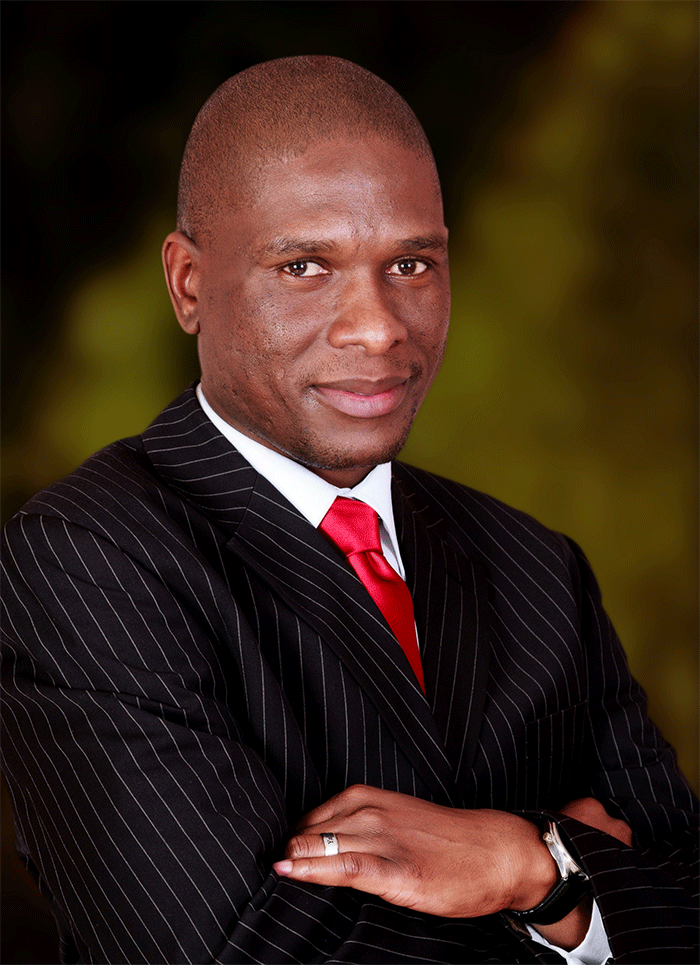
The National Arts Council received a clean audit for the first time since 1997 under the leadership of Dumisani Dlamini, their newly appointed chief financial officer. Dumisani chats to us about his plans on helping artists and shares his secret to getting a clean audit.
BY: FUNDISWA NKWANYANA – @IAMFUNDIE
1. You were born and raised in KwaZulu-Natal, how did your childhood mould and shape the man you are today?
I grew up in a two-bedroom house, living an average life. The socio-economic environment I was exposed to at a young age made me want to have a better life. From a very young age, I decided to be dedicated to my school books. In matric, I would come back home, wash my shirt and go back to school and study until ten at night because we didn’t have libraries or books. It was not easy as my parents did not have money to take me to university and I was helped by a neighbour. It was a difficult time.
2. The finance sector is a hardcore industry where many people fail to keep track of finances. You have 13 years experience in this field, please share some of the lessons have you learnt?
Some of the lessons I’ve learnt are to question the norm, the numbers and to thoroughly analyse the paper trail. It’s also important to be innovative and not go the typical traditional route. I am breaking boundaries and doing something that has never been done. For example, I am working on a programme that supports artists to be better business people and entrepreneurs.
3. Some artists live in poverty and some die poor. Please elaborate on your plans on helping artists and creatives be entrepreneurs and business people that can lead a sustainable livelihood?
In Toronto, the arts sector contributes billions into the economy. Now imagine how much more our artists can do for our economy. Part of my strategy is researching ways we can help artists better manage their finances. I want to find ways to sustain their careers for a long time. We need to reach a stage when artists can use their skills to tap into new markets and make it profitable.
4. Under your leadership, the National Arts Council for the first time since 1997 was awarded a clean audit for the 2014/2015 financial year. How did you achieve a clean audit when many have failed before?
Firstly, I needed to understand what went wrong because the numbers tell a story. The crux of a clean audit is paying attention to detail. It starts from the way we account for our numbers to the way we do transactions. Once I knew what went wrong, I started putting measures in place by applying correct accounting techniques to avoid recurrence of what went wrong previously. I also hold the managers accountable for their finances. It boils down to leadership, accountability and commitment.
5. You speak so passionately about your job, what do you love most about the career path you have chosen?
I love seeing people’s lives change through my job. I am happy that the National Arts Council is in a stable financial condition. The clean audit means we are able to account for the organisations finances. The confidence in our work has grown and that is good for staff morale and our funders.




